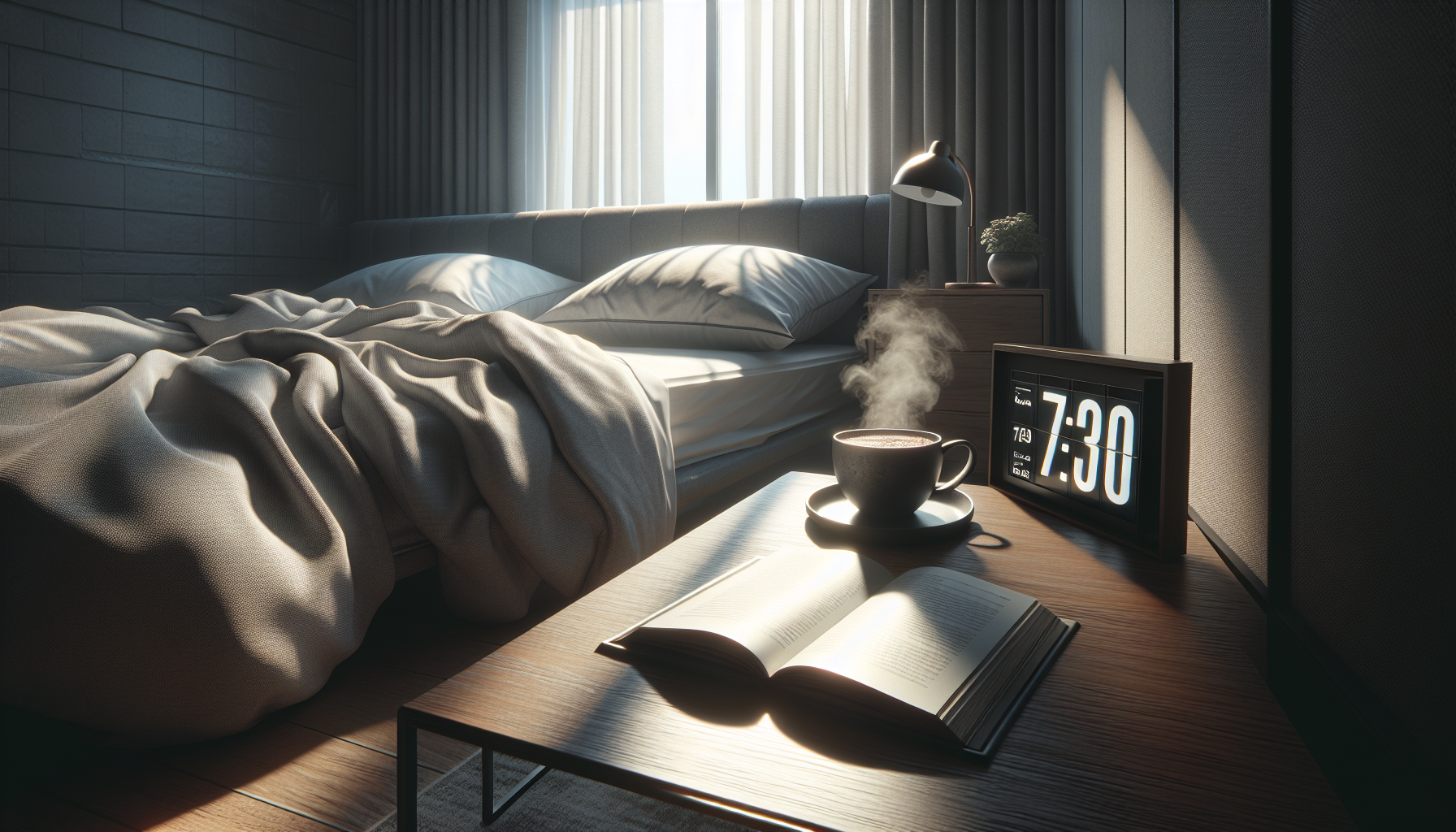Table of Contents
The snooze button: A common morning struggle
If your alarm clock feels more like a gentle suggestion than a wake-up call, you’re definitely not alone. Recent studies reveal that over half of adults habitually hit the snooze button, averaging 2.5 presses for an extra 11 minutes of sleep. But what seems like a harmless indulgence can have serious repercussions on your health and daily routine.
The health risks of snoozing
Dr. Dennis Auckley, director of the Center for Sleep Medicine at MetroHealth, emphasizes that repeatedly snoozing your alarm disrupts your sleep cycle. Each time you hit snooze, you’re waking up from light, non-restorative sleep, which prevents you from reaching deeper, more restorative stages of sleep. This fragmented sleep can leave you feeling groggy and unrested, setting a negative tone for your day.
Moreover, the habit of snoozing can reinforce poor sleep patterns. The more you do it, the harder it becomes to break the cycle. It’s not just about feeling tired; chronic sleep deprivation can lead to serious health issues, including weight gain, cardiovascular problems, and even cognitive decline. With 50 to 70 million Americans suffering from sleep disorders, it’s crucial to address these habits before they escalate.
Strategies to break the snooze habit
To combat the urge to snooze, start by ensuring you’re getting enough sleep. Most adults need between 7 to 8 hours of quality sleep each night. Establish a consistent sleep schedule that aligns with your body’s natural rhythms. Going to bed and waking up at the same time daily can significantly improve your ability to rise with your alarm.
Additionally, create a sleep-friendly environment. Your bedroom should be cool, dark, and quiet to promote better sleep quality. Limit screen time before bed, as the blue light emitted by devices can interfere with melatonin production, making it harder to fall asleep. Instead, consider winding down with a book or some light stretching.
Morning rituals to energize your day
When the alarm goes off, resist the temptation to hit snooze. Place your alarm clock across the room, forcing you to get out of bed to turn it off. Alternatively, try a sunrise alarm clock that gradually brightens your room, mimicking a natural sunrise and making waking up less jarring.
Once you’re up, expose yourself to bright light as soon as possible. Natural light is ideal, but any bright light can help reset your internal clock and boost alertness. Pair this with a positive morning ritual—whether it’s enjoying a delicious breakfast, sipping your favorite coffee, or catching up on the news—to make waking up something you look forward to.
Remember, breaking the snooze habit takes time and patience. If you find yourself struggling despite implementing these strategies, consider consulting a sleep specialist. With the right guidance, you can overcome sleep disorders and achieve the restful nights you deserve.


